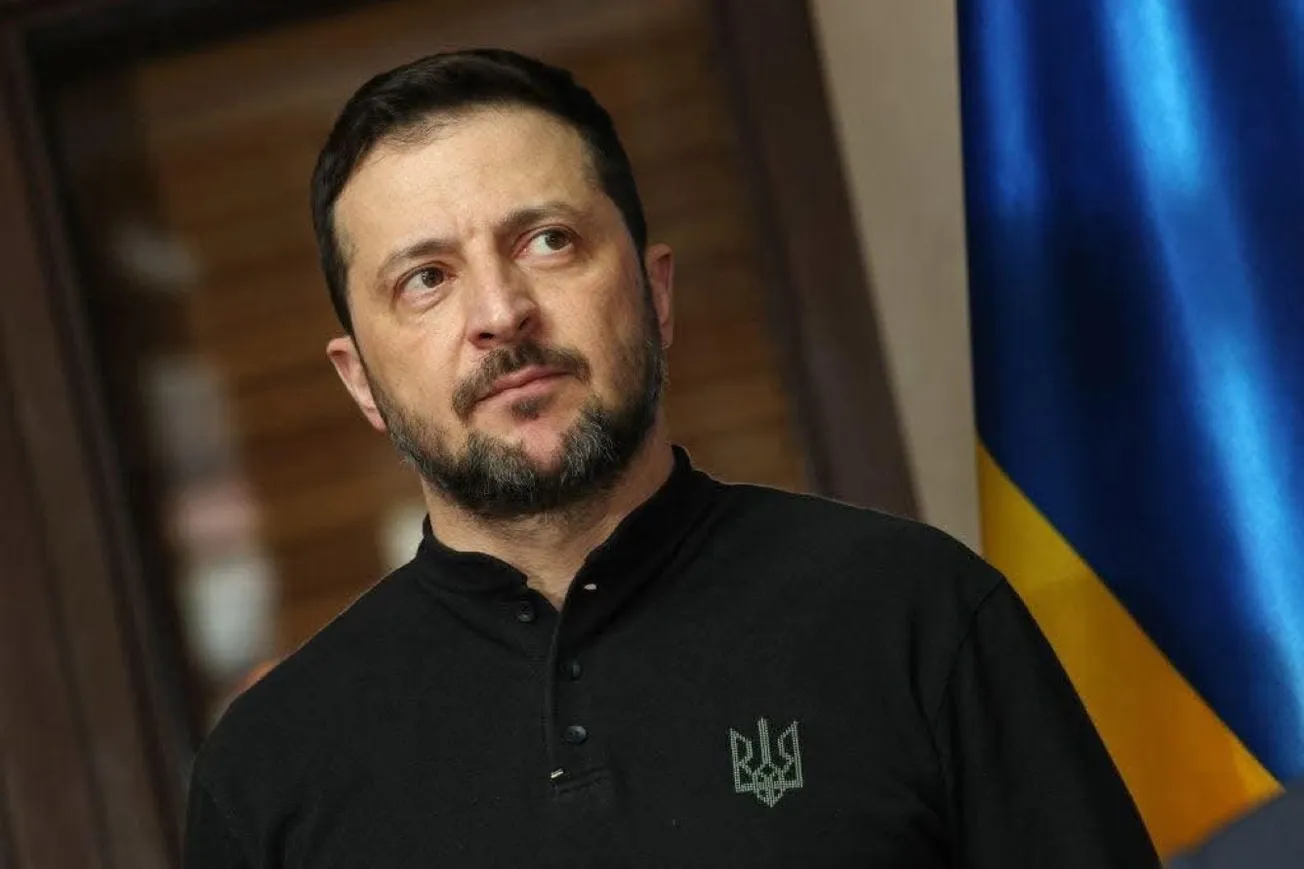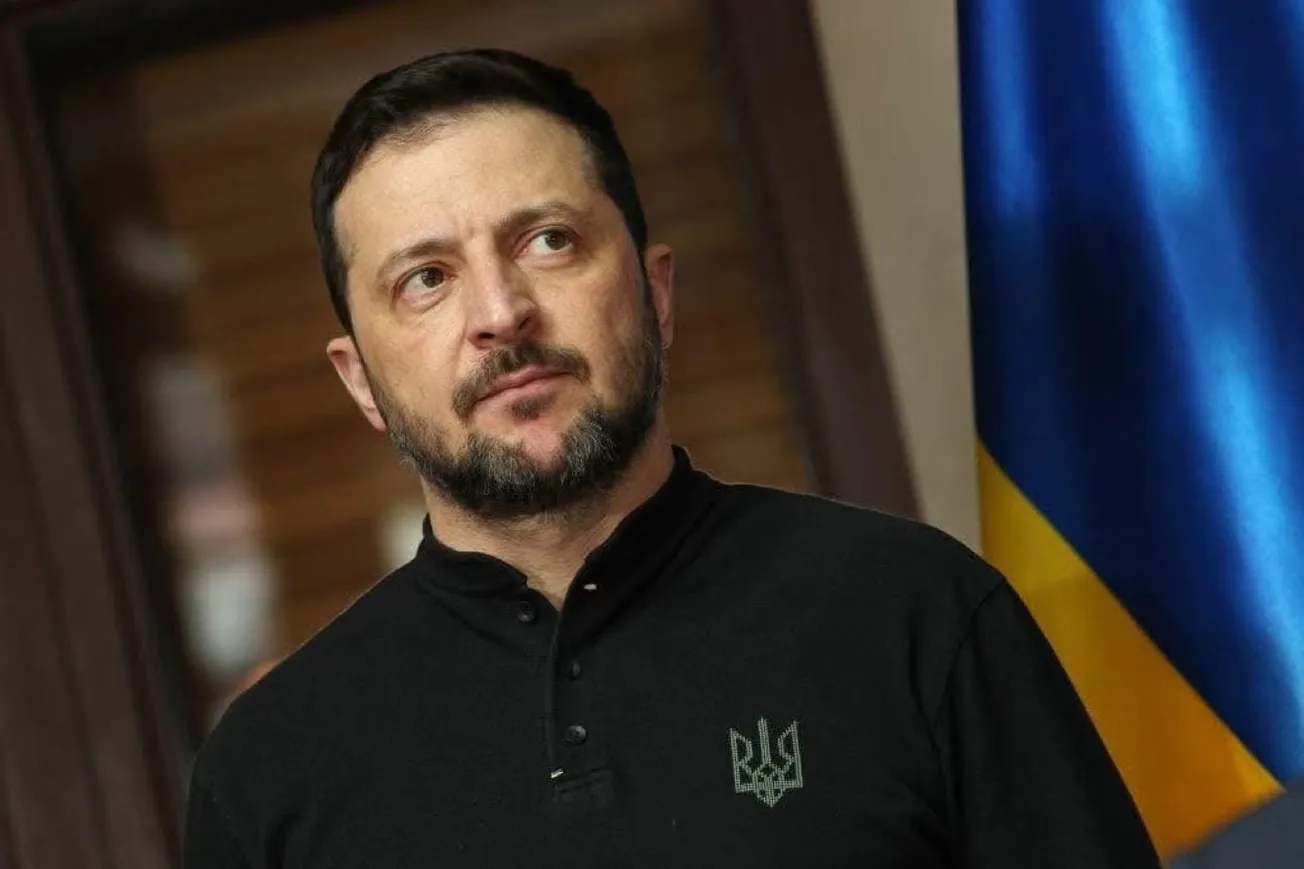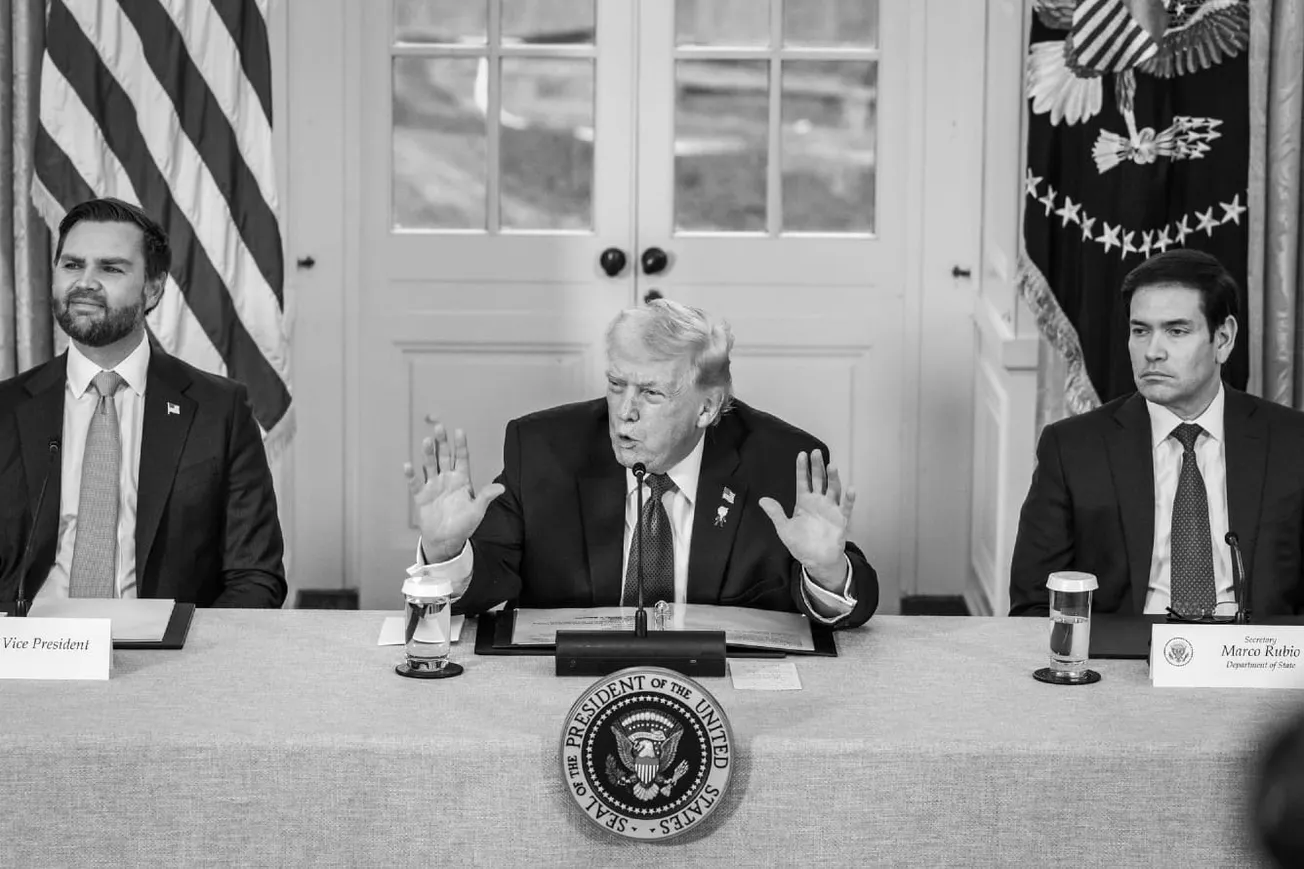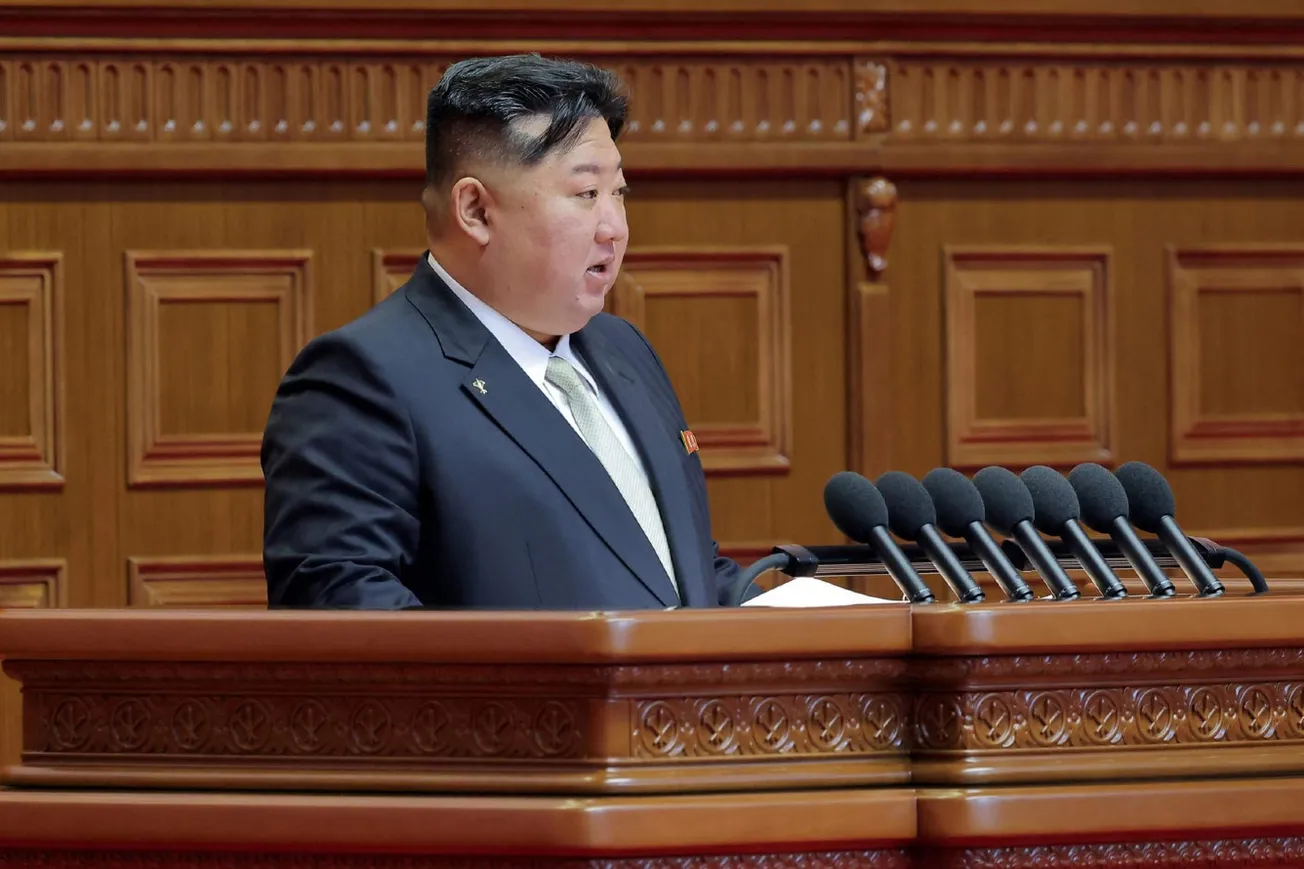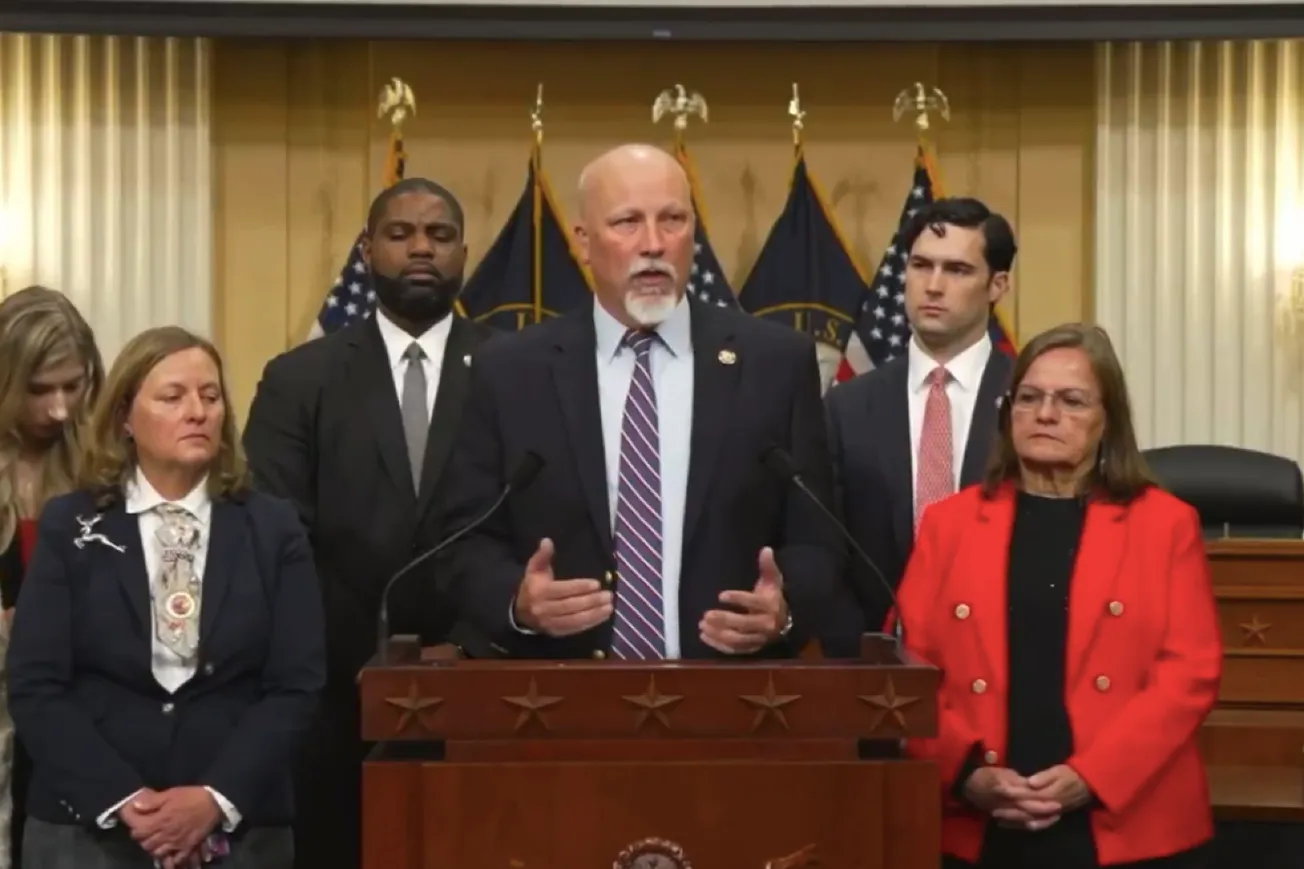Nearly 18 months ago, we predicted in these pages that the Ukraine war would last until January 2025. The prediction was based on the fundamental reality that America's support for the war hinged on President Biden's political priorities, and that all the public rhetoric was just talk.
Biden's involvement in the Ukraine war was always a step behind what was needed to help Ukraine win. He was profoundly concerned and scared that Russia might escalate the conflict to involve Europe and the United States. As the world's most significant nuclear power fighting an existential war, Russia couldn't afford to lose.
Before Russia's full-scale invasion of Ukraine in February 2022, critics argued that the U.S. was slow to provide Ukraine with the kind of heavy weaponry (e.g., artillery and tanks) needed to defend itself against Russia's growing military buildup. In the early months of the war, Ukraine was vocal in requesting more advanced weapons to counter Russian air superiority, particularly MiG-29 fighter jets, Patriot missile defense systems, and long-range artillery. It took months for Biden to send advanced rocket systems (like HIMARS) to Kyiv.
To this day, Biden has cleverly avoided identifying a defined objective other than having his senior cabinet officials talk in broad terms. Speaking at the U.N. Security Council in September 2022, Secretary Antony Blinken made the case for United States support:
We cannot – we will not – allow President Putin to get away with it. Defending Ukraine's sovereignty and territorial integrity is about much more than standing up for one nation's right to choose its own path, fundamental as that right is. It's also about protecting an international order where no nation can redraw the borders of another by force.
Blinken's Utopian goal formed the text of Vice President Kamala Harris's Ukraine policy. But, as has been the case for the last three years, the goal was short on critical questions. How long would the support last? Biden's answer: As long as it takes. How much money would it take? Biden's answer: Whatever funds to keep the war alive. These open-ended responses should not have become the foundation of a complex policy for war.
The West could not even agree on the war's goal. Even as Ukraine has continued to lose territory to Russia, Kyiv insists that every square inch of land, going back to Russia's Crimean invasion in 2014, should be returned before peace talks can begin. Only in recent months has the West started to see that Ukraine's goals are impractical. History repeatedly tells us that losing sides don't get to set preconditions for peace negotiations.
Biden's intention was to prove to American voters and the world that, unlike President-elect Trump (who is inward-looking in his foreign policy approach), he would restore America's standing as the leader of the rules-based international order. He would unite Europe by spearheading NATO membership offers to Finland and Sweden, two traditionally neutral countries with long relationships with Russia. Biden would leverage Europe's financial infrastructure, including Europe's leadership in the maritime industry, to impose back-breaking sanctions against Russia to teach Moscow a lesson. The United States would become the largest funder of Ukraine's defense.
Biden's calculations would have made sense had Ukraine won the war. If Russia had retreated and Ukraine had recovered its lost territory, Biden and Harris would have taken a victory lap around the world. Biden would probably not have agreed to step down as a candidate, arguing that he could defeat Trump in the November election because his proven vision of protecting the world order is vastly superior to Trump's isolationist MAGA movement.
But Ukraine is losing, which, by extension, means that America's foreign policy is losing. After more than $176 billion spent on the war, Ukraine is in shambles with nothing to show for all that was spent.
Voters have punished all the leaders of the West's support for Ukraine, humiliating them at the polls.
Trump won 312 electoral college votes and flipped the Senate to a 4+ GOP margin. He swept all seven battleground states and is currently leading the popular vote. The House will remain in GOP control with several races in California yet to be called.
In the United Kingdom, where Conservative Party leaders Boris Johnson and Rishi Sunak went all in to support Ukraine, voters dealt a death blow unseen in modern times. The Tories lost 75 seats in Parliament, nearly 40% of their strength. Inflation and other factors mattered, too, but Ukraine was always front and center.
Spain’s Prime Minister, Pedro Sánchez, lost to the People's Party and Santiago Abascal's Vox in the general election last December. In France, the right-wing party led by Marine Le Pen, a staunch anti-Ukraine voice, trounced Prime Minister Macron at the end of the first round vote. It was only because of France's unusual electoral system, where parties can unite in the second round vote, that Macron engineered an 11th-hour compromise, preventing Le Pen from taking power in the French Parliament.
The opposite is true also. Leaders who have championed peace and ending hostilities since the conflict started have won comfortably. Turkish president Erdoğan resoundingly won reelection in a runoff, much to the ire of the entire Western coalition. Hungary was the first country in the E.U. to test the Western response to the war after Russia invaded Ukraine. Viktor Orbán's Fidesz party won a decisive victory in Hungary's parliamentary elections, securing 135 seats out of 199, which gave them a supermajority in the National Assembly. Orbán's win came despite significant opposition efforts.
With Trump now firmly in the saddle and already having called Putin and Zelenskyy, the writing is becoming more apparent. Trump's Vice President, JD Vance, has been an arch-opponent of Ukraine funding throughout his Senate career. Trump's choice for Secretary of State, Florida Sen. Marco Rubio, has publicly said that America is funding a stalemate in Ukraine and that the war needs to be brought to a conclusion. Trump's choice for U.N. Ambassador is Elise Stefanik, who voted against funding Ukraine.
History is solidly behind Trump. In Vietnam (Nixon), Iraq (Obama), and Afghanistan (Biden), it took a president from the opposing party to stop a war.
The voters have spoken. The meaningless Russia-Ukraine war, which has killed and wounded millions, displaced millions, destroyed Ukraine, and brought needless strife in much of the world, should come to an end.


